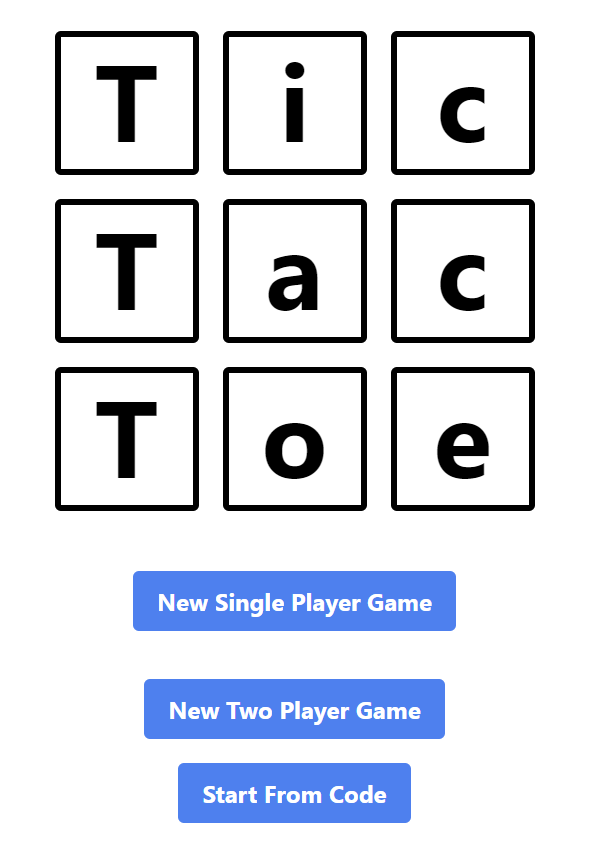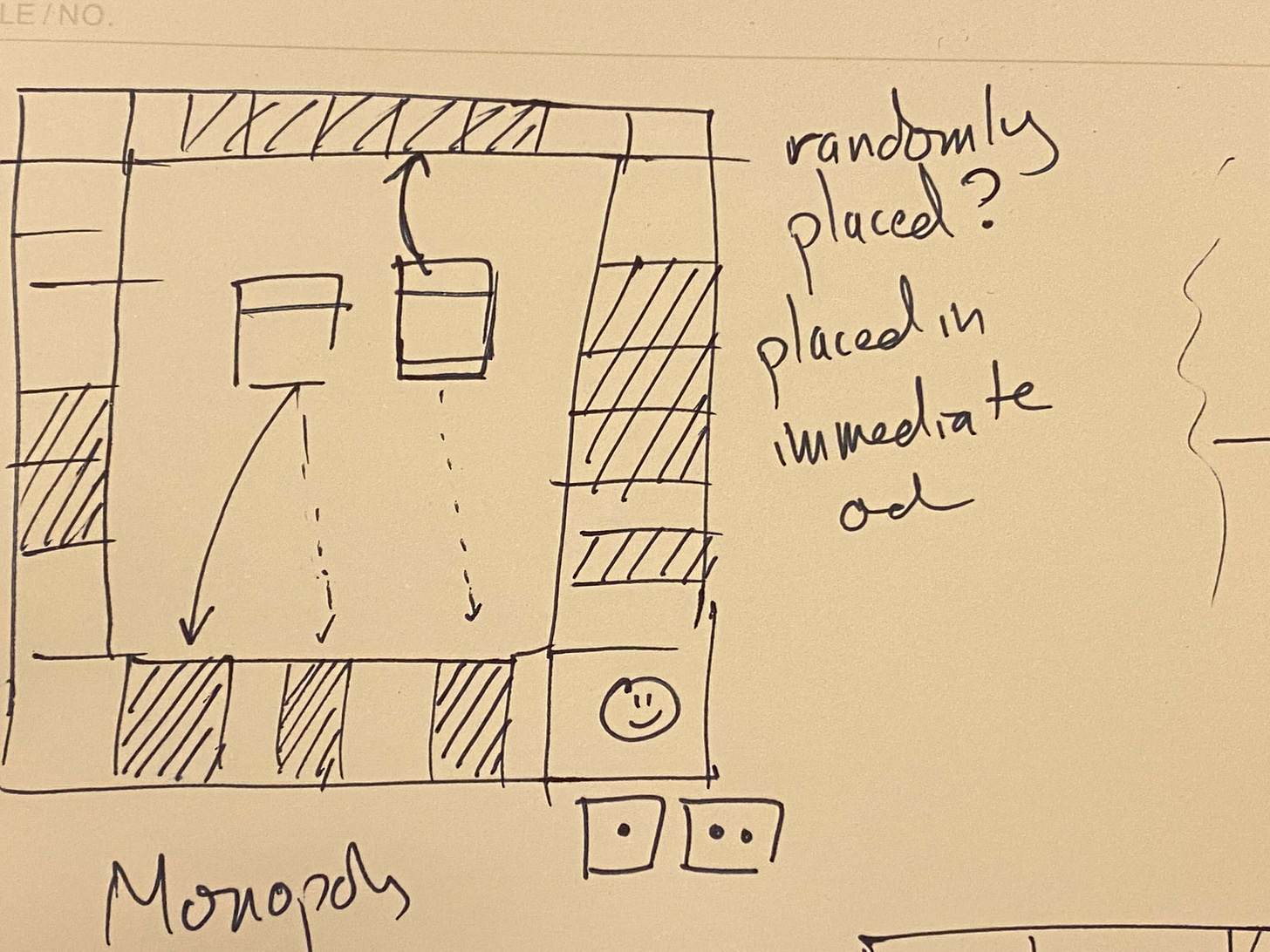Sketches, Skill Loops, and Roll and Moves
Some thoughts (and articles) about why the stuff that we're super confident about we maybe should be slightly less confident about.
Happy memorial day!
I’ve had the opportunity to play some more board games with friends recently which means I have board game thoughts to share! Most recently, I wrapped up the legacy edition of Machi Koro. The game overall wasn’t great but it contained some ideas that I want to play around with a bit, notably the “roll and move” mechanic.
Some Thoughts on Roll and Moves (link)
Players have plenty of reasons to play games and the ritual of the game can be more important than the skill of its outcome. It’s shortsighted to say that mechanics that reduce skill compensation are “bad” and mechanics that increase them are good. I tend to like games that compensate player skill, it’s worth noting that’s not the only point of games. The questions become: what benefit does roll and move provide? and (given the current moment) can they be a part of a game that compensates skill well?
Some Links for the Week
Beware Tight Feedback Loops (link)
There are a few articles a year that tend to hit hard and make me reconsider previously held beliefs. This was one. I’ve hit that point in my career where the feedback is less prevalent. The types of projects I’m working on have longer time frames and the feedback is noisier and hard to sift through. The impulse I have is to find ways to tighten feedback loops, i.e. get more information more quickly from the decisions I do make. This article is a pretty solid debunking of why doing that can feel like making progress but actually end up warping the foundations of the decisions you’re trying to make. Similar to how games aren’t actually that great of educational tools, the way we think about learning and growth doesn’t have a one-size-fits-all answer.
You Don’t Need to Quit Your Job to Make (link)
This quote encapsulates a lot of the thrust of the article:
I often hear people say things like “I can’t wait to get out”, referring to quitting their jobs and eventually being their own boss. Before you quit, consider why you want to quit your job. Usually, this is not a problem with them having a full-time job, but the particular job they’re working at or perhaps the particular person who they’re reporting to.
The article also quotes Originals (an Adam Grant book), to talk about how derisking one area of your life (income) can make it easier to take risks in other areas (your pursuits). This isn’t to say you should or shouldn’t make a decision based on an article, rather the dreams we come up with aren’t a pure signal about what will make us happy. It’s important to sift through and understand the roots of the outcomes we want to create in order to spend time on the stuff that’s most valuable.
Think Again (link)
I finally finished Think Again by Adam Grant. The audiobook was read by the author this time which was great. He has a podcast now that I listen to, so adjusting from hearing his voice reading his words to someone else reading his words when I listen to Originals was disorienting. That said, I don’t know if I’d recommend Think Again. I’d start with Being Wrong by Kathryn Schulz instead. Most of the ideas in Think Again are better explained in Originals (Grant’s first book) and the concepts of the how and why humans struggle so much with being wrong are better explained by Being Wrong.
No One Can Explain Why Planes Stay in the Air - Scientific American (link)
I still remember in high school when my physics teacher explained to me that planes don’t actually fly via the Bernoulli principle but by displacing air. It’s funny that even years later we don’t have a complete consensus on why something so integral to modern life works the way it does. There’s a difference between being able to do something and knowing why you can do the thing you’re doing.
A “New” Game!
A finally finished a concept I’ve been messing around with a bit. It’s buggy and not the best looking, but the idea is that you can start a game and get a code that you could share with a friend so that they could start the same game as you in a different browser.
It’s not all that applicable in Tic-Tac-Toe, but I wanted to see how easy it would be to implement. Fundamentally there’s nothing wild going on here given that Tic-Tac-Toe is a relatively simple game state to represent and share. I learned a bunch about the Xstate package and I hope to put together a write-up on that in the next couple of weeks.
Check out the game! https://tictactoe.playthistonight.com
Silly Prototypes
Here are some sketches about how to build a “roll and move” style game but make it challenging. The idea that popped into my head was what if the board isn’t filled out when you start the game. This is pretty similar to The Amazing Labyrinth, but instead of the board changing over time, it would get more and more filled in. I still have to figure out exactly how players would place tiles onto the board.





